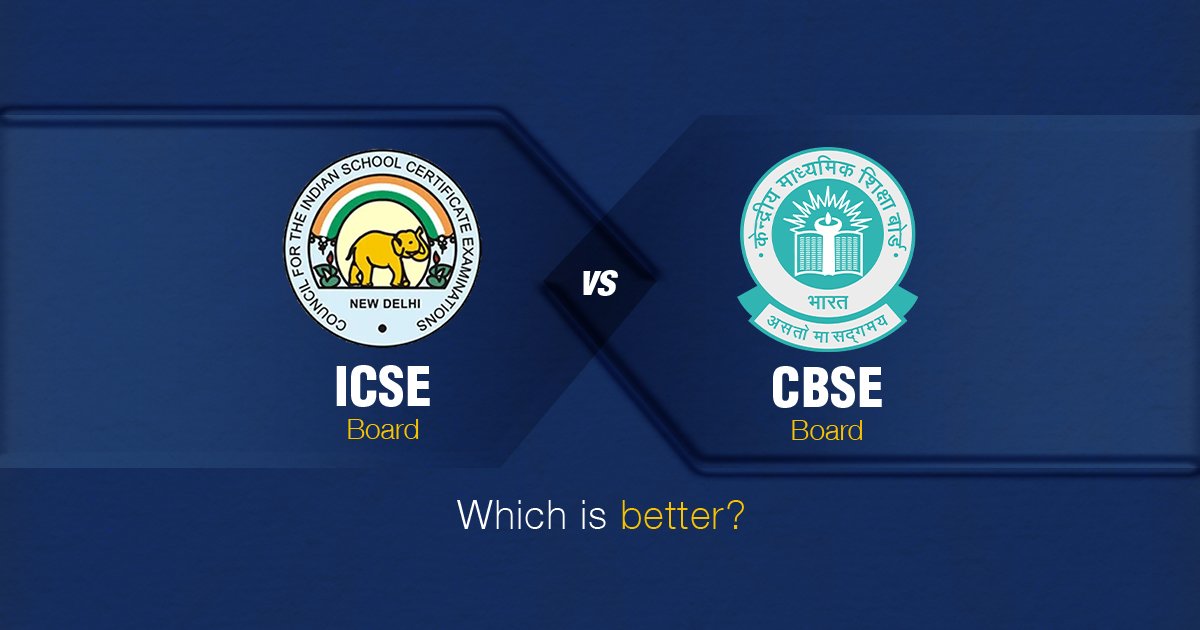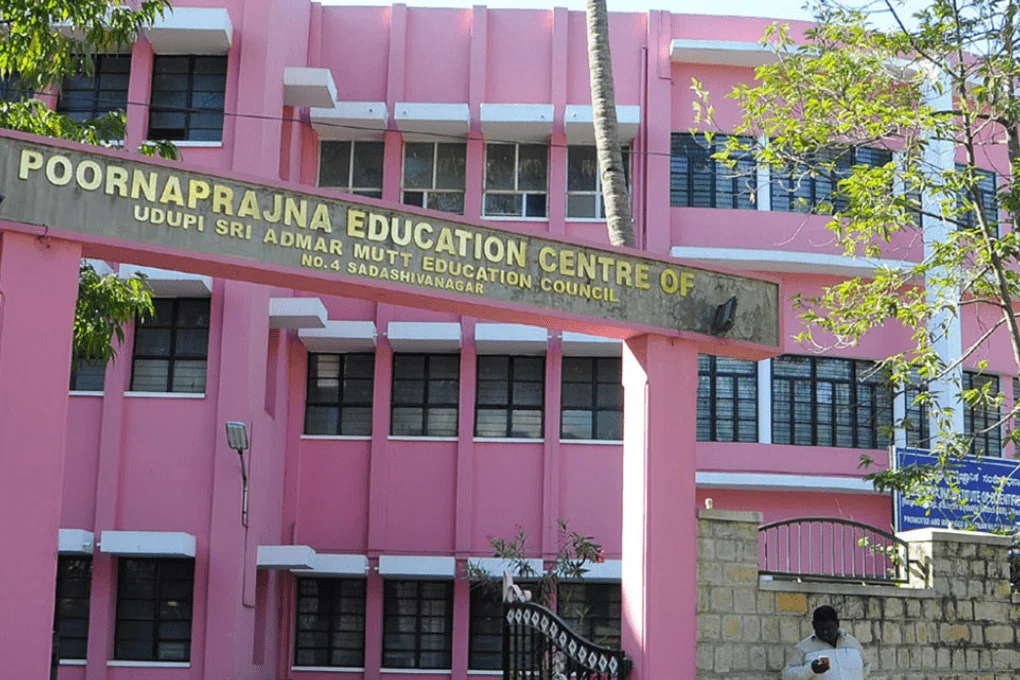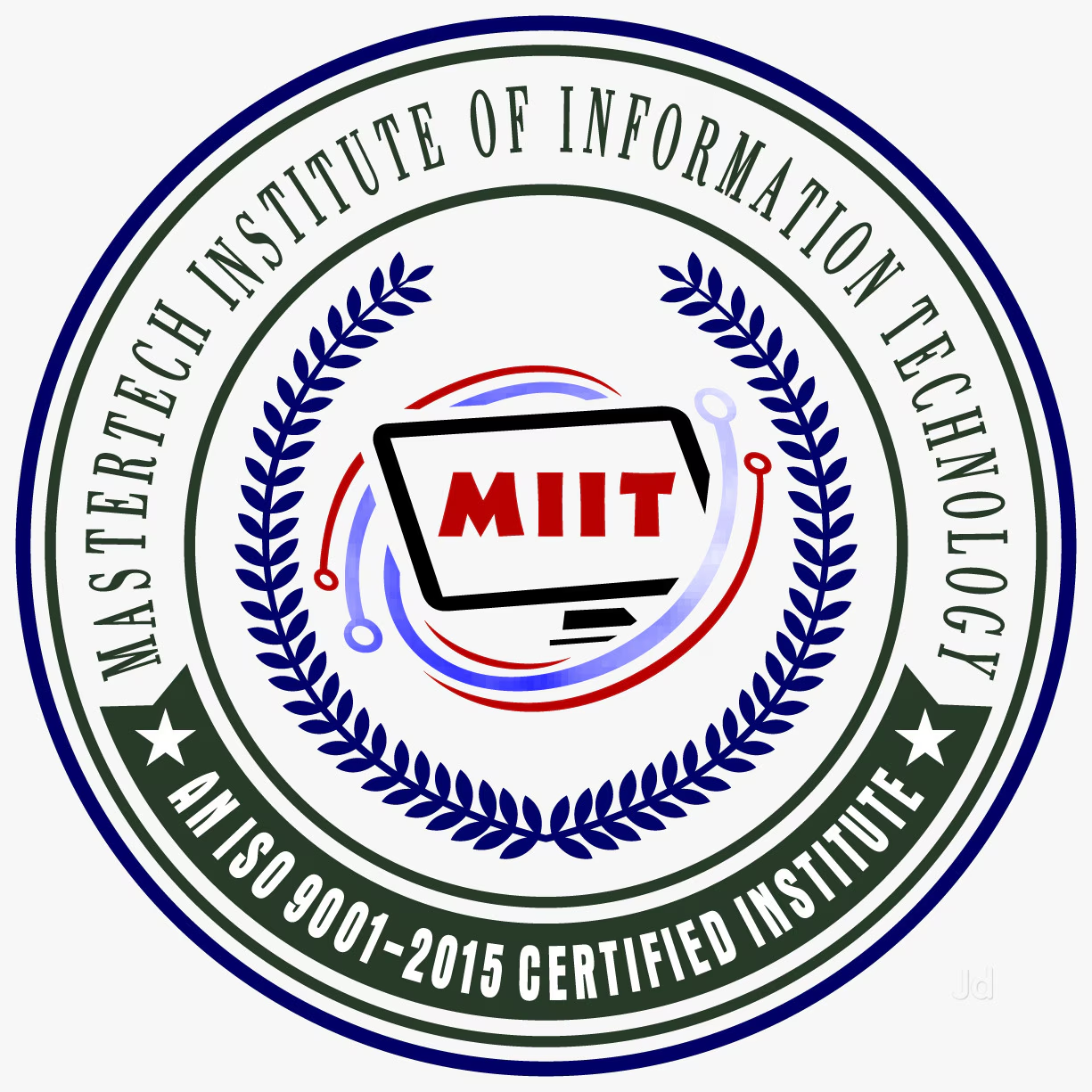Selecting a board is very important. It dictates how you study, learn, and develop. In India, the two best-known boards are the I.C.S.E. and the C.B.S.E. Most parents usually wonder which one is best for their child. A simple comparison must be made to empower the parents to make an informed choice.
What Is CBSE?
CBSE stands for Central Board of Secondary Education. This institution functions as a wing of the Government of India. Most of the schools in India are affiliated with the CBSE. Subject areas include Mathematics, Science, and Social Studies. CBSE becomes beneficial for students when they are forced to shift from one city to another.
What Is ICSE?
ICSE signifies Indian Certificate of Secondary Education. It is run privately by a cluster of persons under the council, Council for the Indian School Certificate Examinations (CISCE). Equal weightage is given to all subjects. It is considered heavier on English, which favours students with strong reading and writing abilities. Usually, those intending to pursue higher studies abroad are ICSE candidates.
1. Course Structure and Subjects
CBSE
The CBSE syllabus is considered rather simple and short. The study is in such a style to enable students to perform better in exams. The emphasis is more on Maths and Science; subjects are taught in a manner that helps with the preparation of entrance examinations like NEET or JEE.
ICSE
A broader syllabus is offered by ICSE. Students have a thorough study of more subjects. Higher priority is given to English, History, Geography, and other subjects in the syllabus. It also prepares students to write answers properly by using good grammar.
2. Teaching Style
CBSE
The CBSE follows a textbook-based syllabus. It is more focused on factual aspects as well as numbers. Teachers do give notes, and students memorize them by applying them to solve the questions.
ICSE
Here, the ICSE employs the method of hands-on learning. They do projects and write their reports. Through this, they learn to grasp how their lessons are implemented in real life.
3. Language Skills
The ICSE gives an environment to the students for better speaking and writing in English. This helps them perform in debates, writing competitions outside, and through global certifications. The ICSE syllabus offers English as one of the compulsory subjects in the curriculum.
CBSE also imparts the English language, but it emphasises Science and Math more. ICSE is most suitable if you want to become a writer or a lawyer.
4. Competitive Exams
In case your child is aspiring to become a doctor or an engineer, CBSE would be a good pathway. The syllabus of JEE, NEET, and UPSC is almost aligned with CBSE standards. The candidates appearing for these exams would have studied according to the CBSE. The student is supposed to take the SAT, IELTS, or TOEFL exams. These exams are for study abroad and require a very high level of English, hence ICSE.
5. Focus on Projects
Projects and assignments carry marks in the ICSE. Students are taught the methods of research along with the presentation of ideas.
Some emphasis is laid on projects by CBSE, but not as much as by ICSE. A CBSE student studies to take the final examinations with their written papers.
6. Grading and Exams
In a grade system followed by CBSE, grades are given to students such as A1, A2, B1, and so on to reduce pressure and allow the students to focus on learning.
In contrast, ICSE provides marks out of 100. This system provides a stark picture of the student’s proficiency and is stringent.
7. Moving from One School to Another
The CBSE curriculum has around 170,000 affiliated schools spread throughout India. So if the family keeps moving, changing schools will be considered easy.
ICSE, on the other hand, has fewer schools, mostly situated in big cities. Changing from one ICSE school to another can get a little tougher if you live in a small town.
8. Cost of Education
CBSE schools are cheaper. Many government-run schools, such as Kendriya Vidyalayas, run under CBSE. They offer good teaching for a little money.
ICSE schools are mostly private ones and are more expensive, have some better facilities, but may also be very pricey.
9. Skill Development
ICSE makes the students do deeper thinking, clear writing, and proper handling of topics. It is a perfect ground for the creation of soft skills such as public speaking and essay writing.
CBSE builds fundamentals in the Sciences and Mathematics. It prepares a child for a career in Engineering, Medicine, and Civil Services.
10. Global Recognition
If somehow ICSE were accepted in the UK, USA, Canada, or Australia, it might indeed be better. Foreign schools do accept it.
Therefore CBSE is also accepted. However, due to their strong English language and broad knowledge, students from ICSE might find it easier to get into foreign colleges.
Which Board Should You Choose?
Let’s make the choice easier:
Choose CBSE if:
- You are sailing out to stay in India.
- You want to sit for the entrance exams.
- You want a simpler syllabus.
- You keep changing from one city to another.
- You are seeking an affordable school.
Choose ICSE if:
- You want to study abroad.
- You enjoy reading and writing.
- You want to build strong English skills.
- You like doing projects and research.
- You can afford a private school.
Real-Life Examples
Let’s talk about two students:
Riya is a Class 10 student in a school affiliated with the CBSE. She wants to be a doctor. For her, the science books are clear and short. Her school would give her numerous practice questions.
Aarav is an ICSE student who loves to write stories. He loves making projects and preparing presentations. He wishes to be a journalist one day.
Both students are doing well because they picked a board that fits into their goals.
Conclusion
It all depends on the choice of the student. Both boards are good. While CBSE prepares students for doing well in Indian exams, the ICSE builds strong English language and thinking ability.
Ask yourself: Would you like a smooth route to take the exams? Or do you want ample learning alongside strong writing and speaking?
Parents and students should have discussions and decide on what is best. Each board is right for the child in a certain way. Above all, it is very important that the student enjoys learning and tries their best.
Also Read: Learn from Home with Swami Vivekanand Subharti University’s Distance Education











